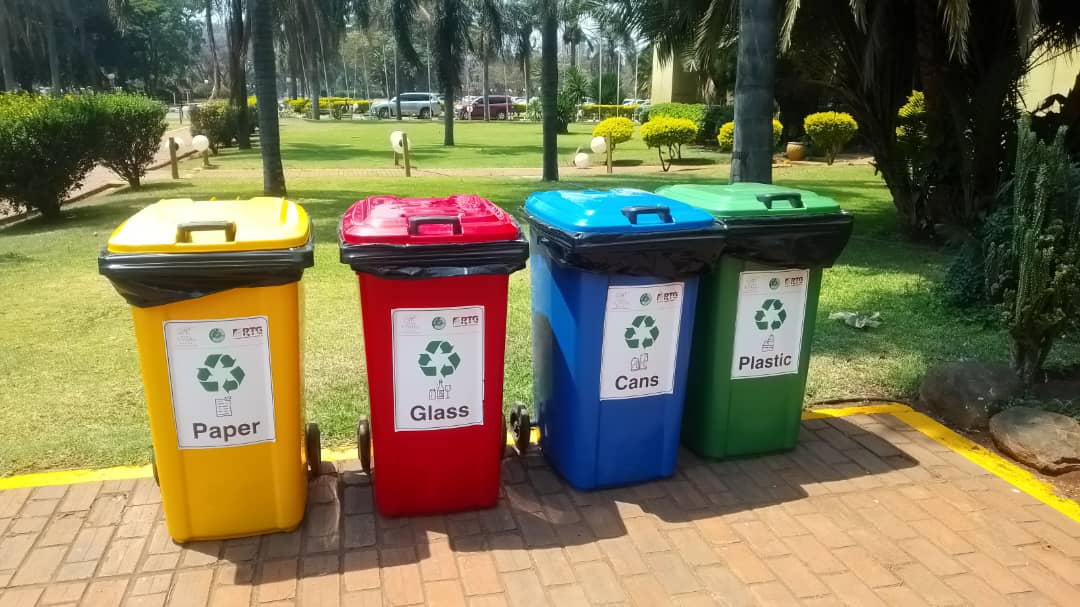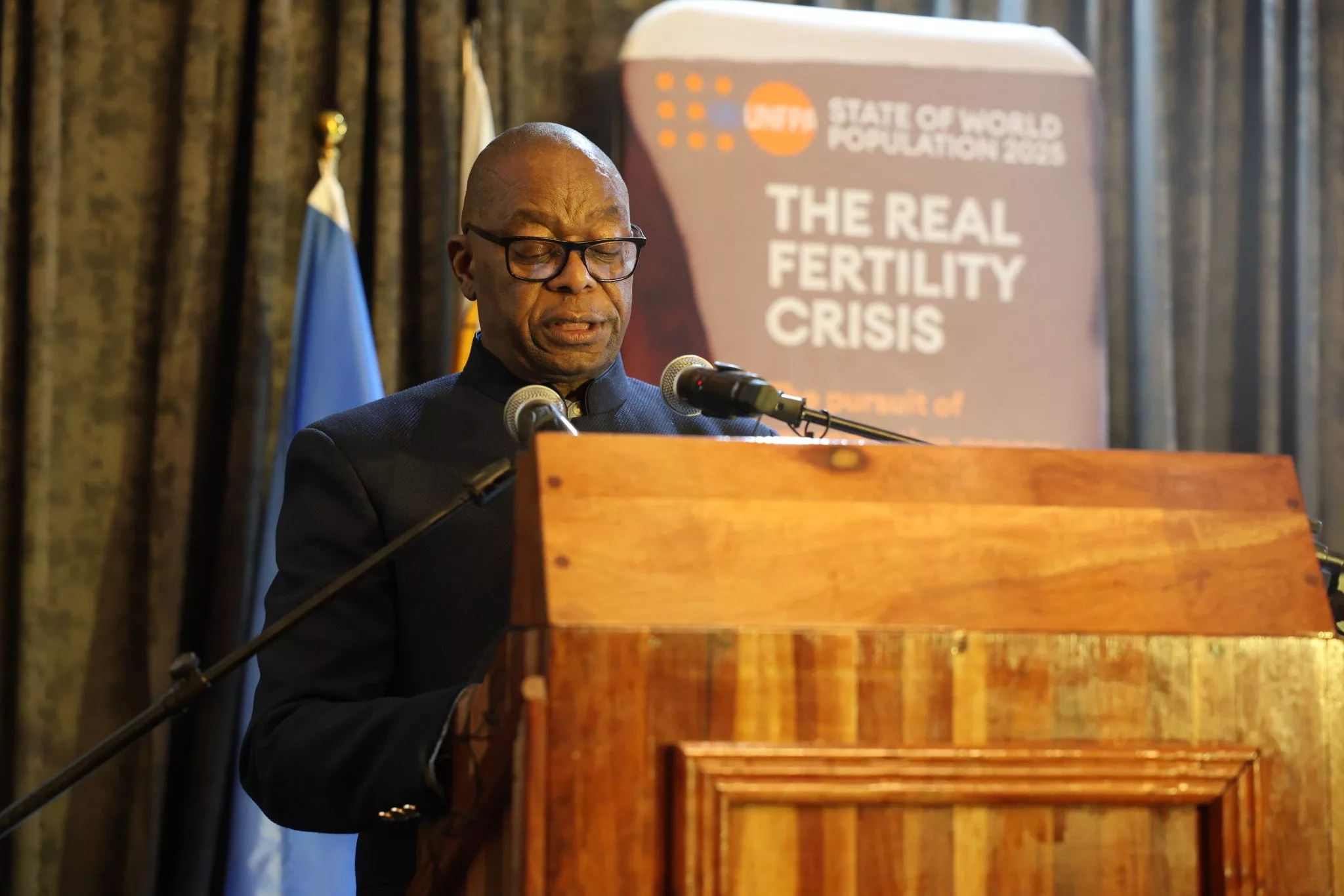|
Getting your Trinity Audio player ready...
|
Writes Rebecca Munetsi
Anglican Church congregants have been urged to practice good waste management practices such as sorting at home, church, businesses, and in their communities to safeguard and keep the environment clean.
Speaking during a recent Partners in the Gospel Comprehensive Climate Change Knowledge and Climate Justice Campaign (PCC) Waste –Smart We Care Campaign, the Projects Officer for the Diocese of Central Zimbabwe Anglican church, says the church carries a huge following, thus it should reach out to its followers with the Good news of Jesus Christ and at the same time the message of how to be good stewards of the environment.
“In addition, the Church has comprehensive coverage and influence and it is respected. Thus, it should educate congregants on good waste management practices to alleviate the prevalent dumpsites and litter in our cities and communities,” he said.
In Zimbabwe, most high-density suburbs are an eyesore with pampers, bottles, and litter lying idle in the dirty streets. Most households use improper waste storage containers such as broken buckets, sacks, plastic bags, and bins without lids to store waste. They simply dump waste in the streets, yards, abandoned houses, or uncontrolled dumpsites in their vicinity.
National Coordinator for the Anglican Relief Desk (ARDEZ) Coordinator, Mr. Artwell Sipinyu, says the Anglican Church recognises its role to contribute in preventing the adverse effects of climate change by promoting good waste management among other strategies.
“PCC is well aligned theologically with the Bible when Adam was mandated to till and safeguard the land. The Anglican Communion‘s five marks of mission especially the fifth mark says people must safeguard the integrity of creation and sustain and renew life on earth. The campaign ensures the integrity of creation is preserved and that the church takes a leading role and responsibility in being good stewards of the environment”.
Waste separation is the process of separating waste into different categories based on their composition at the point of generation. This reduces the amount of waste that ends up in landfills and also helps the recycling of various materials.
Gweru Ratepayers and Residents Association (GRRA) Director, Mr. Cornilia Selipiwe, says separation of waste at source is paramount. However, it requires a multisectoral approach from all stakeholders to raise awareness and educate the residents on how it is done.
Waste separation also known as sorting is cost-effective and does not take much effort. It is just a matter of habits at home, church, and business. Biodegradable materials that decay such as wet waste, and food waste from the kitchen go into one bin.
Things that do not decay, dry waste i.e. plastics, glass, paper, and metals should be put in another bin. Hazardous waste such as batteries, bulbs, and electronic equipment is stored separately in its own bin.
Mr. Musekiwa further notes that proper waste management leads to a clean environment as well as a community thriving on sustainability.
“Managing waste streams requires coordinated and organised efforts from the household, community, and national level. For example, leftover food is a precious resource that can be separated at source and used to create clean energy and to make organic fertilizer to grow fruits and vegetables. Organic fertiliser helps to restore nutrients in the soil hence people could start composting in their homes, schools, and communities. People can also make money from recycling materials such as cans and plastic bottles if they are sorted well”, he says.
It is envisaged that the PCC campaign will contribute to at least four of the Sustainable Development Goals which are responsible consumption and production (SDG 12), Climate Action (SDG 13), Life below water (SDG 14), and Life on land (SDG 15).
The Partners in the Gospel Comprehensive Climate Change Knowledge and Climate Justice Campaign PCC Waste –Smart We Care Campaign is predicted to run over four years across seven targeted countries. These are the Church Province of Central Africa (CPCA) which is made of three autonomous Councils, i.e. Malawi, Zambia, and Zimbabwe, the Anglican Church in Tanzania (ACT), and the Indian Ocean which is made up of Seychelles, Madagascar, and Mauritius.
Mr Musekiwa says the church, in this regard, has embraced the developmental ministry arm, where they seek to equip congregants to help themselves.
“The church is going beyond mercy to developing tools that help families and communities thrive on their own and this is more empowering than supporting. Developmental ministry is more complex and long-term than a handout. However, the impact from equipping has more power and sustainability”.
The Partners in the Gospel Comprehensive Climate Change Knowledge and Climate Justice Campaign PCC Waste –Smart We Care Campaign, is evidence that the Body of Christ, is at present, getting involved in holistic and developmental ministry. When the world experiences a church that shares the Good News of Jesus Christ in word and deed, it makes the world a better place to live in.






